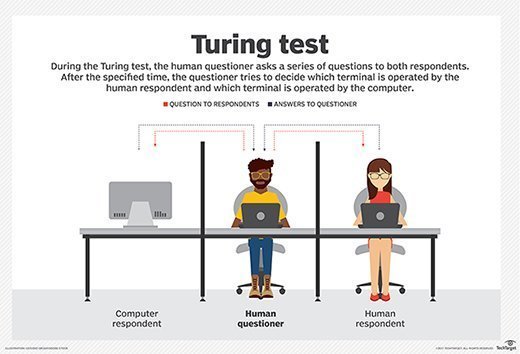Every organization needs to have a clear understanding of the roles and responsibilities of its employees. Job analysis is a process that helps organizations determine the essential functions of each job, the required skills and qualifications, and the level of experience needed to perform the job effectively. This article will explore why job analysis is essential for your organization’s success and how it can benefit your business.
What is Job Analysis?
Job analysis is a process that involves collecting and analyzing information about a particular job. The process includes identifying the job’s duties, responsibilities, and requirements, as well as the skills and knowledge needed to perform the job. The goal of job analysis is to ensure that job descriptions accurately reflect the tasks and requirements of each job.
Benefits of Job Analysis
There are several benefits to conducting a job analysis within your organization. The most significant advantages are:
- Improved Hiring Processes A well-conducted job analysis can help organizations develop accurate job descriptions, which can be used as a basis for recruitment and selection. This process can help identify the required skills and experience needed to perform the job effectively, making the hiring process more efficient.
- Enhanced Performance Management Job analysis can help managers identify the essential skills and knowledge required to perform each job effectively. By defining performance expectations and identifying the skills required for success, managers can develop more effective performance management plans.
- Effective Training and Development Job analysis provides the information needed to develop effective training programs that help employees develop the skills they need to perform their jobs effectively. Training that is based on job analysis is more likely to be relevant and useful, leading to higher job satisfaction and performance.
- Compliance with Legal Requirements Job analysis helps organizations ensure that they comply with legal requirements related to employment, such as the Americans with Disabilities Act (ADA) and the Fair Labor Standards Act (FLSA). By accurately defining the job requirements and responsibilities, organizations can ensure that they are providing equal opportunities for all employees.
Process of Job Analysis
The process of job analysis involves several steps. These include:
- Determining the Purpose and Scope of the Job Analysis The first step in the job analysis process is to determine the purpose and scope of the analysis. This involves identifying the jobs that will be analyzed, the level of detail required, and the specific information that needs to be collected.
- Collecting Job Information The next step is to collect information about the job. This may involve observing employees performing the job, interviewing employees and supervisors, reviewing job descriptions and performance evaluations, and reviewing industry standards.
- Analyzing the Data Once the information has been collected, the next step is to analyze it. This involves identifying the essential functions of the job, the required skills and qualifications, and any physical or environmental factors that may impact job performance.
- Developing the Job Description The final step is to develop a job description that accurately reflects the job’s duties, responsibilities, and requirements. The job description should include information on the essential functions of the job, required skills and qualifications, and any physical or environmental factors that may impact job performance.
Conclusion
Job analysis is a crucial process that can help organizations develop accurate job descriptions, improve hiring processes, enhance performance management, and comply with legal requirements. By conducting a job analysis, organizations can ensure that they have the right people in the right roles, providing the skills and knowledge needed for success. To ensure your organization’s success, consider implementing a job analysis process today.










